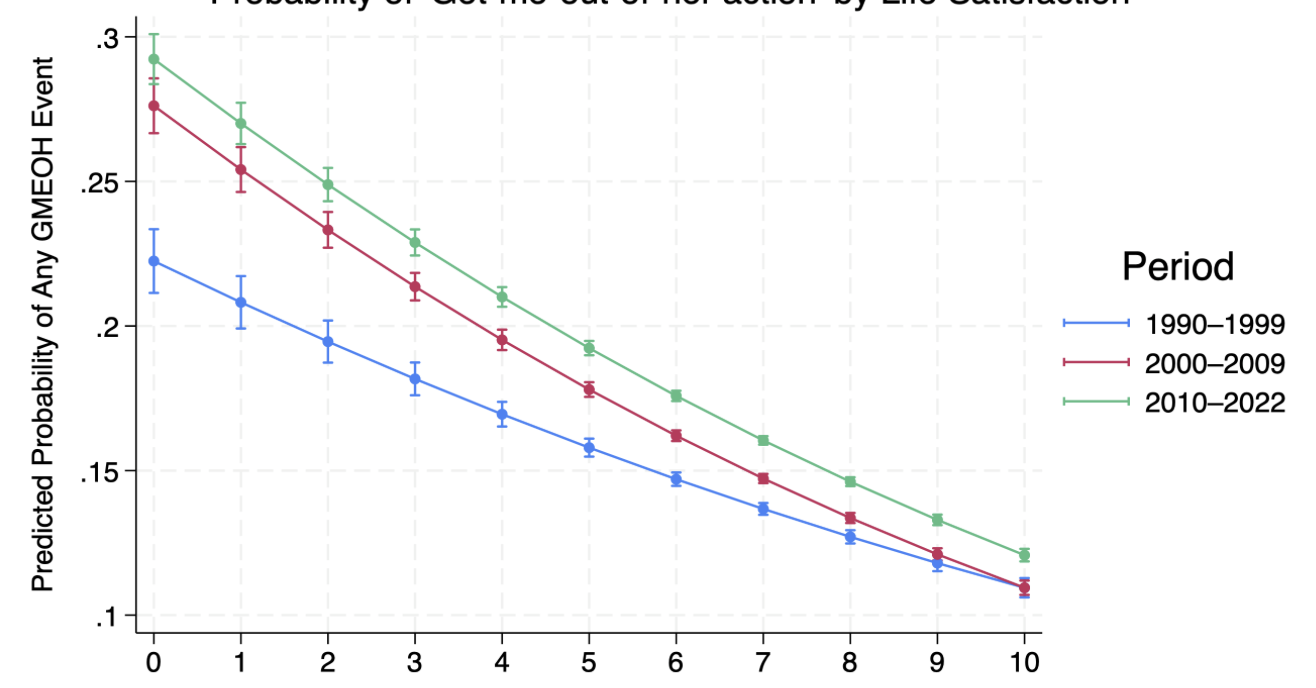TLDR: I made a comprehensive overview of EA curricula, event organization guides, and syllabi, as well as an overview of resources on EA community building, communications, strategy, and more. The EA community builders I shared them with up to now found them really helpful.
Context
Together with Jelle Donders, I co-founded the university group at Eindhoven University of Technology in the Netherlands last summer. We followed the UGAP mentorship program last semester and have been thinking a lot about events and programs to organize for our EA group and about general EA community-building strategies. There is a big maze of Google Docs containing resources on this, but none of them gives a complete and updated overview.
I wanted to share two resources for EA community builders I’ve been working on over the past months. Both I made initially as references for myself, but when I shared them with other community builders, they found them quite helpful. Therefore, I’d now like to share them more widely, so that others can hopefully have the same benefits.
EA Eindhoven Syllabi Collection
There are many lists of EA curricula, event organization guides, and syllabi, but none of them are complete. Therefore, I made a document to which I save everything of that nature I come across, with the aim of getting a somewhat better overview of everything out there
I also went through other lists of this nature and saved all relevant documents to this collection, so it should be a one-stop shop. It is currently 38 pages long and I don’t know of another list that is more exhaustive. (Also compared to the EA Groups Resource Centre, which only offers a few curated resources per topic). I update this document regularly when I come across new resources.
When we want to organize something new in my group, we have a look at this document to see whether someone else has done the thing we want to do already so we can save time, or just to get some inspiration.
You can find the document here.
Community Building Readings
I also made a document that contains a lot of resources on EA community building, communications, strategy, and more, related to the EA movement as a whole and to EA groups specifically, that are not specific guides for organizing concrete events, programs, or campaigns, but are aimed at getting a better understanding of more general thinking, strategy and criticism of the EA community.
You can find the document here.
Disclaimers for both documents
- I do not necessarily endorse/recommend the resources and advice in these documents. My sole aim with these documents is to provide an overview of the space of the thinking and resources around EA community building, not to advocate for one particular way of going about it.
- These documents are probably really overwhelming, but my aim was to gather a comprehensive overview of all resources, as opposed to linking only 1 or 2 recommendations, which is the way the Groups Resources Centre or the GCP EA Student Groups Handbook are organized.
- The way I sorted things into categories will always remain artificial as some boundaries are blurry and some things fit into multiple categories.
How to use these documents
- Using the table of contents or Ctrl + F + [what you’re looking for] probably works best for navigation
- Please feel free to place comments and make suggestions if you have additions!
- When you add something new, please add a source (name of the group and/or person who made the resource) wherever possible to give people the credit they’re due and to facilitate others reaching out to the creator if they have more questions.
- In case of questions, feedback, or comments, please reach out to info@eaeindhoven.nl.
I hope these resources are helpful and I’m open to any feedback!



This is simply amazing, I can't thank you enough!